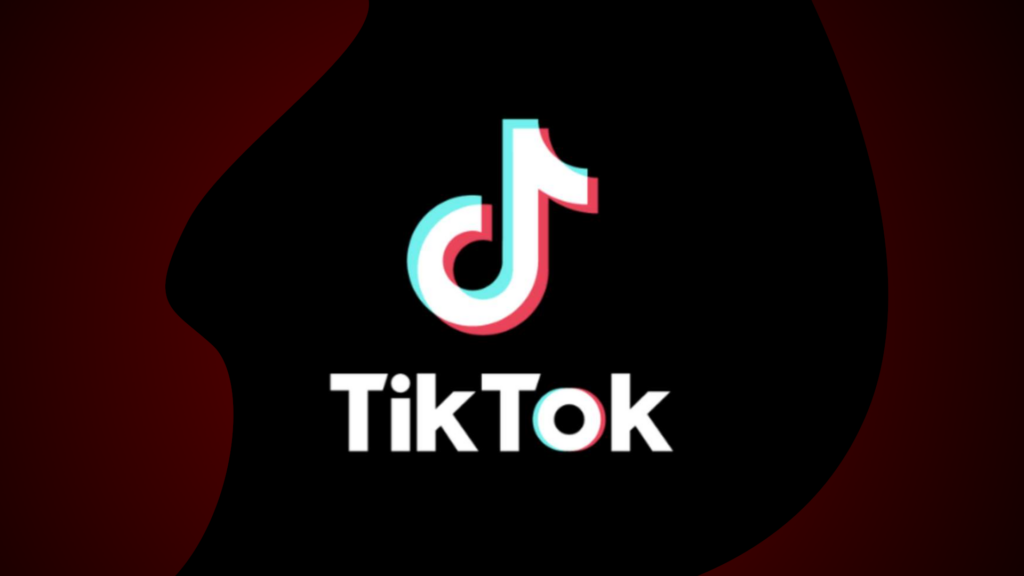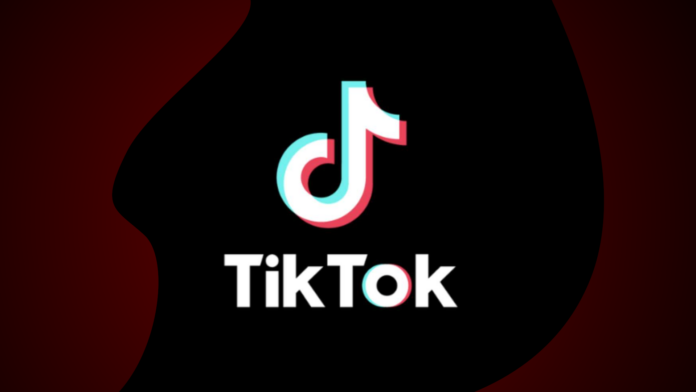Venezuela has restricted access to TikTok, leading to a spike in VPN usage. As of January 2025, Proton VPN reported a significant 350% increase in sign-ups. This follows the latest disruption to TikTok due to non-compliance with a court ruling.
Why Venezuela Blocked TikTok
Venezuela’s government restricted TikTok after the platform failed to meet a court-ordered deadline. The Venezuelan Supreme Court mandated TikTok appoint a local representative to comply with laws. Its refusal led to the block, with frequent daily interruptions starting at midnight.
The Supreme Court also fined TikTok $10 million over safety concerns, citing viral challenges allegedly linked to child fatalities. The court has ordered TikTok to establish a local office to ensure content complies with national regulations.
VPN Usage Surge as a Result of the Ban
VPN usage in Venezuela surged as TikTok restrictions tightened. Proton VPN noted a 350% increase in sign-ups between January 1 and January 7, 2025. Venezuelans are increasingly using VPNs to bypass censorship, accessing TikTok and uncensored news.
VPN downloads skyrocketed in summer 2024, with a 51,000% increase following a ban on X (formerly Twitter). This highlights the growing trend of VPN use for accessing the global internet in Venezuela.

What Is a VPN and How Does It Help in Venezuela?
A Virtual Private Network (VPN) is essential for Venezuelans to access blocked content. VPNs encrypt internet traffic and mask real IP addresses, bypassing geographical and government-imposed restrictions. For many in Venezuela, VPNs are vital tools during periods of political unrest and social media blocks.
Government Crackdown on VPN Services
As VPN use rises, the Venezuelan government has targeted these services. Before the 2024 presidential elections, users experienced difficulty accessing VPN apps, prompting Proton VPN to increase server capacity.
The government’s crackdown reflects its ongoing effort to control information flow and restrict access to platforms deemed a threat to its political agenda.
Other Social Media Bans in Venezuela
Venezuela has previously blocked other popular platforms, and TikTok is not the first. In August 2024, President Nicolás Maduro ordered a 10-day ban on X (formerly Twitter) over political disagreements with its owner. He also called for a WhatsApp boycott, accusing the app of inciting violence.
Following Venezuela’s controversial 2024 presidential elections, several websites were blocked, prompting widespread VPN use to circumvent restrictions during protests.
The Role of VPNs in Venezuela’s Digital Landscape
The increase in VPN use demonstrates how crucial these tools are for Venezuelans wanting unrestricted access to information. Proton VPN and other providers have played a vital role in supporting the country’s internet users amid growing censorship.
How to Use VPNs in Venezuela
Venezuelans seeking to bypass restrictions can easily use a VPN. Here’s how:
- Download a VPN app – Choose a trusted provider like Proton VPN or ExpressVPN.
- Install the app – Follow the instructions for your device.
- Connect to a server – Select a server outside Venezuela to change your location.
- Access restricted content – Once connected, you can browse TikTok and other blocked sites.
Conclusion: The Growing Trend of Digital Censorship in Venezuela
Venezuela’s TikTok ban highlights the increasing trend of digital censorship in the country. As the government tightens control over online platforms, VPNs are becoming essential tools for accessing global information. With a sharp rise in VPN usage, Venezuelans are finding ways to bypass restrictions, even as authorities crack down on these digital solutions.
For Venezuelans, staying informed and accessing the open internet remains a challenge, and VPNs are proving to be an indispensable resource.

